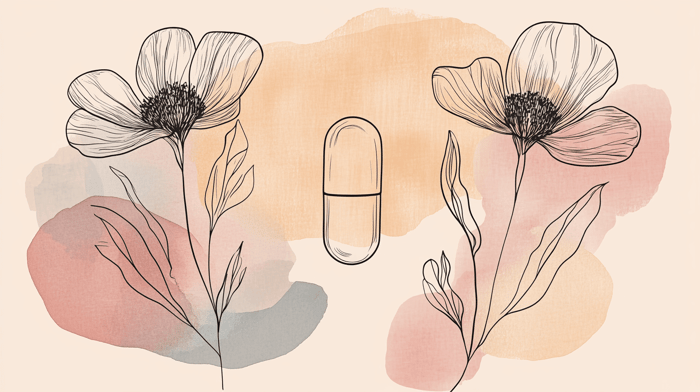Antibiotics are often prescribed for vaginal infections caused by bacteria. They work by slowing down bacterial growth and killing both good and bad bacteria in your microbiome. While this might work in some parts of the body, it can create problems in the vagina.
The vagina relies on good bacteria to maintain a healthy balance. These beneficial organisms help protect against infections. But when antibiotics kill off the good bacteria, the vagina becomes vulnerable to further infections, creating a cycle of infection, antibiotic use, and reinfection.
After taking antibiotics, bad bacteria can return with no opposition from the good bacteria, causing repeated infections.
Antibacterial Resistance: When Bad Bacteria Fight Back
Microorganisms, like bacteria, can adapt and evolve quickly. Over time, bacteria can learn to resist antibiotics. After the first dose, surviving bacteria may develop ways to defend themselves against that specific antibiotic. This leads to antibiotic resistance, making future treatments less effective.
When bacteria become resistant to antibiotics, chronic vaginal infections can develop, leaving you with persistent symptoms and few options for relief.
Biofilms and Antibiotic Resistance: How Chronic Infections Happen
Biofilms are a protective layer that bacteria create to shield themselves from treatments, including antibiotics. Imagine bad bacteria, like those that cause BV (bacterial vaginosis), trapped in a protective shell, like fruits in jello. This biofilm prevents antibiotics from reaching the bacteria underneath.
This is why antibiotics can sometimes seem effective initially but fail to completely clear the infection. Once the treatment stops, the bacteria resurface, and the infection returns. This is called antibiotic tolerance, and it’s a common cause of chronic BV.
How to Address Bacterial Biofilms and Banish Chronic BV
If you’re dealing with chronic BV or other vaginal infections, antibiotics may not be the answer. Instead, you need a solution that targets both the bacteria and their biofilm protection.
One of the best ways to do this is by using a medical-grade boric acid suppository. Boric acid effectively breaks down the biofilm and clears out the bad bacteria, preventing future relapses.
By addressing the root cause — the biofilm — boric acid offers a powerful solution to chronic vaginal infections. Many women have found relief using boric acid, and it can feel like a miracle after struggling with recurrent infections for so long.











